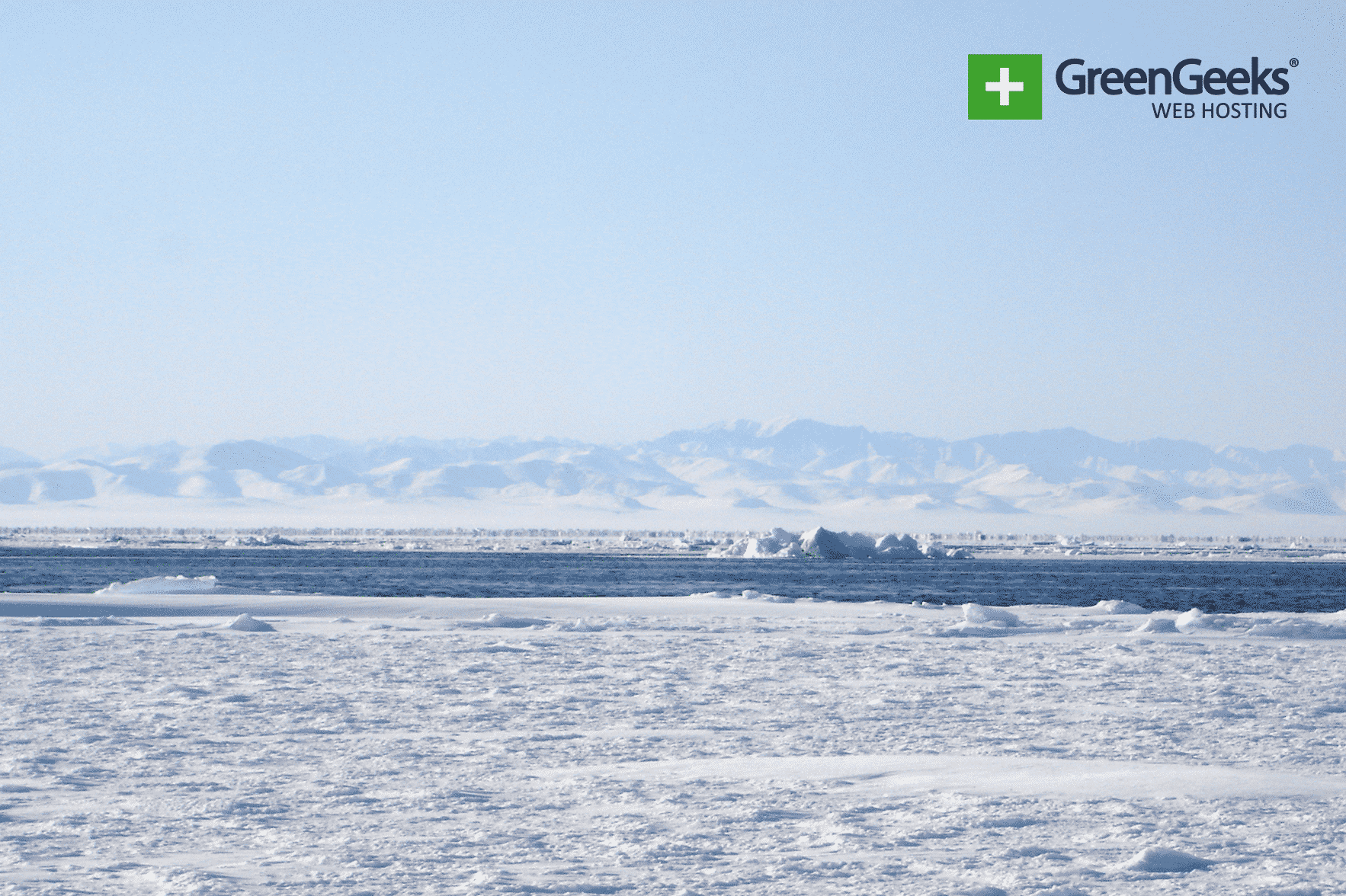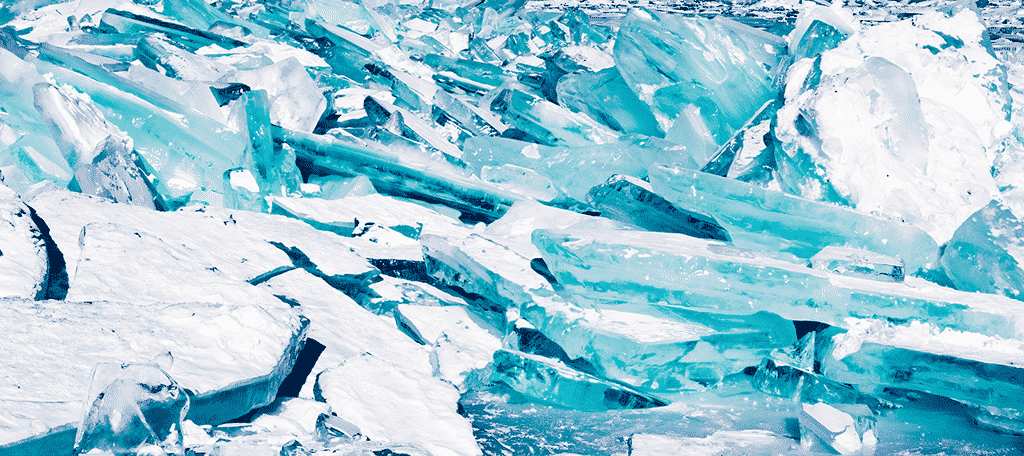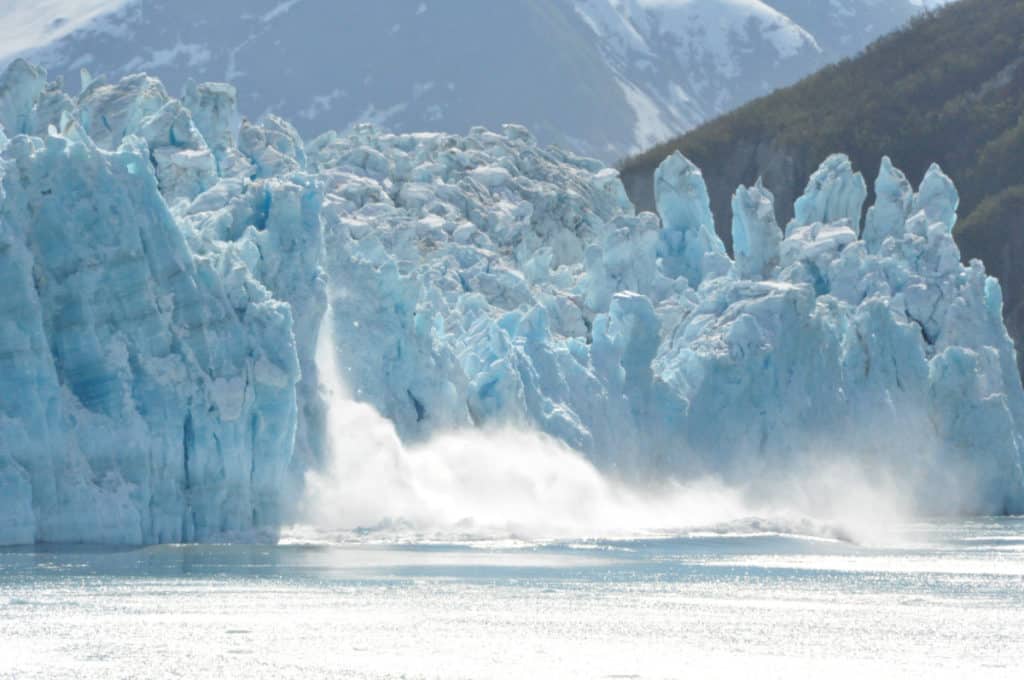
2019 has been a bad year for the Arctic, to say the least. It has seen multiple record-setting days and has had an average temperature of 3.42 Fahrenheit above the average.
And only one conclusion can be made, climate change is destroying the Arctic.
For years, the harmful effects of climate change have been discussed openly, but too little has been done to fix the causes. And now, we are seeing what those effects are actually doing.
The Arctic Is Critical to the Planet

One of the best analogies to use when talking about the Arctic is that it is essentially the cooling system of Earth.
The large artic ice sheets and snow-covered land, reflect the sun’s rays back, which has a major impact on keeping our planet cool. However, those ice sheets are melting as a direct result of climate change.
And that has serious consequences for the rest of Earth.
Rising Sea Levels
Obviously, when the ice melts, it reverts back to water. And that water ends up in the ocean as a result. While this is a normal occurrence on a small scale, it is another story entirely in this case.
For example, Greenland has undergone the worst melting in its history. In just one day, over 11 billion tons of ice melted, which rose the sea level by 0.5 mm.
In a worst-case scenario, if all of Greenland’s ice melted, the report states that the sea-level can rise by 7.4 meters or 24 feet. This would be catastrophic for all coastal regions around the world.
Another report outlined the fact that over 190 million people live under the new high tide line. Which means those people will need to relocate where they live.
We Are On Track For Worst Case Scenario
Unfortunately, we are on track for the worst-case scenario when it comes to the rapid ice melting. The temperature is rising and our cooling system, the Arctic, is getting broken down as a result.
And losing the arctic will significantly speed up global warming. However, unlikely as it is, it is not too late to change course. If we can curb our ever-growing emissions, we can avert a catastrophe.

